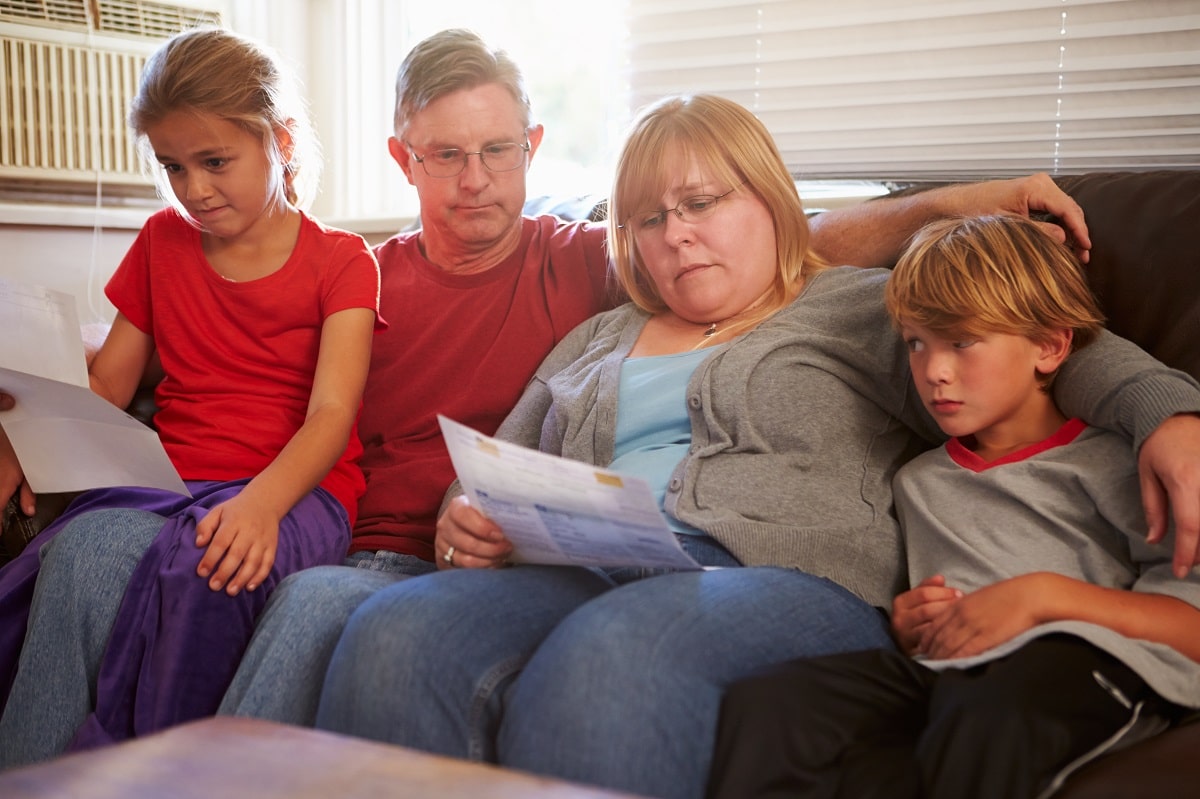Many Americans are concerned with how much of their hard-earned money goes to taxes. But did you know some states hit the middle and lower-income families harder than others? Here are the 21 states with the most regressive tax systems, where the tax burden is heavier on the working class.
#1. Washington

Washington tops the list with no income tax, relying heavily on sales tax and excise taxes. Low-income families in Washington pay nearly 17% of their income in taxes, while the wealthiest pay just 3%.
#2. Texas

Texas also has no state income tax, but high sales and property taxes. The bottom 20% of earners pay 13% of their income in taxes, compared to only 3% for the top 1%.
#3. Florida
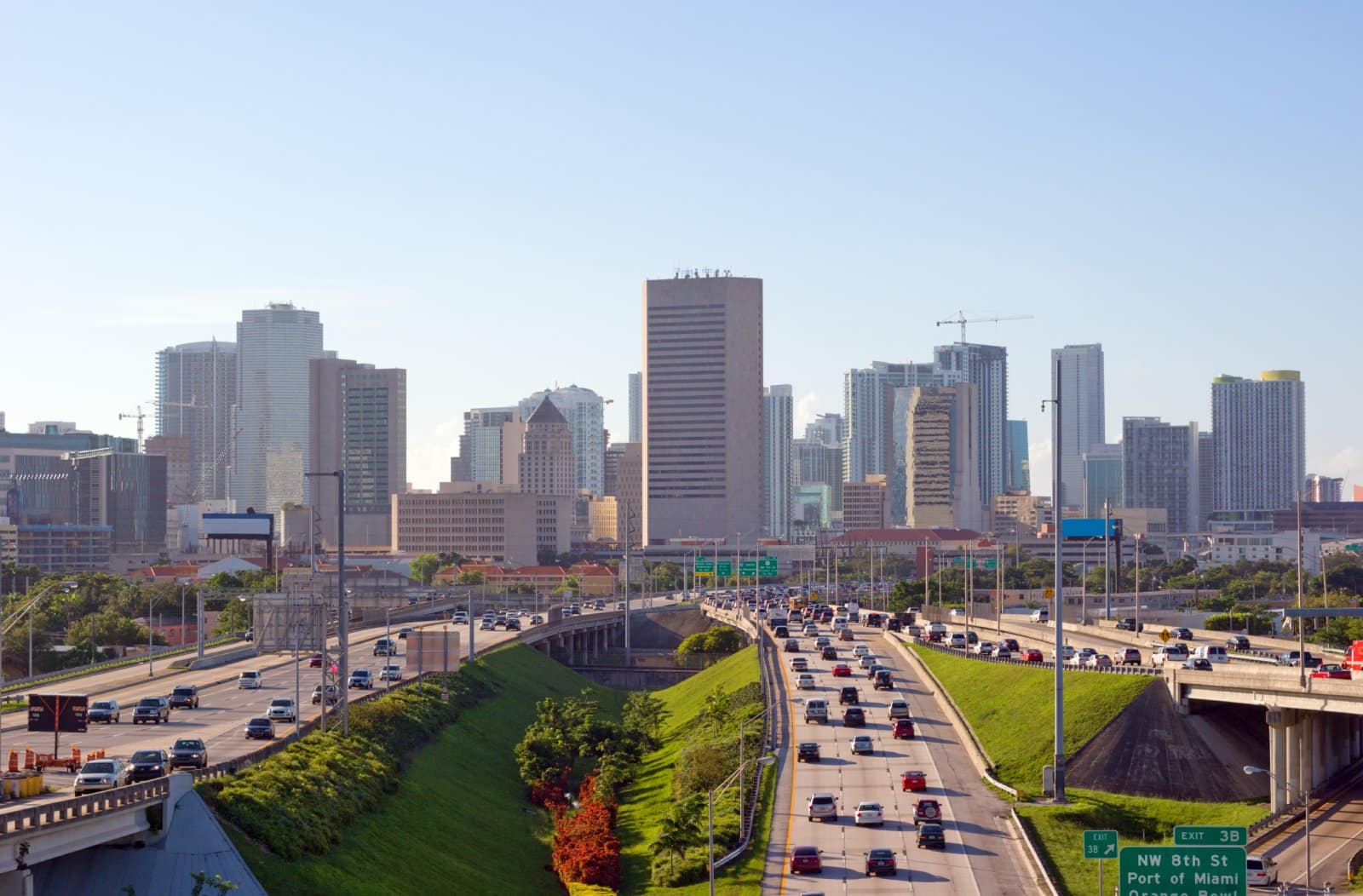
Florida’s lack of state income tax is offset by high sales and excise taxes. Low-income families pay about 12% of their income in taxes, while the wealthiest pay around 2%.
#4. South Dakota

South Dakota doesn’t levy a state income tax, relying instead on sales and excise taxes. This results in the lowest-income residents paying over 11% of their income in taxes, while the top earners pay just under 2%.
#5. Tennessee

While Tennessee has phased out its income tax, high sales taxes remain. The poorest residents pay around 10% of their income in taxes, while the wealthy pay less than 2%.
#6. Nevada

Nevada’s lack of state income tax is counterbalanced by substantial sales and gaming taxes. Low-income residents pay about 8% of their income in taxes, compared to 1% for the highest earners.
#7. Wyoming
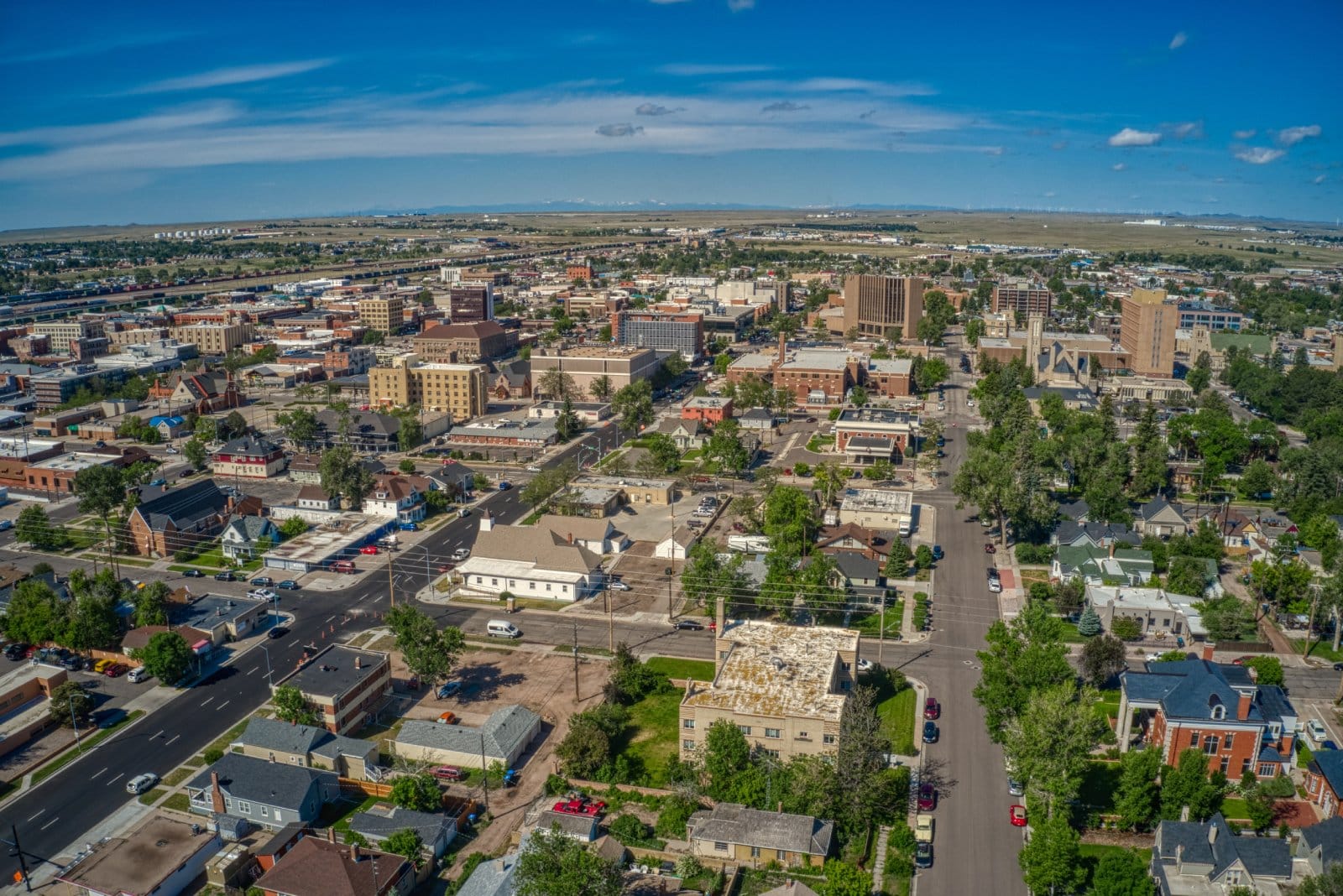
Wyoming’s absence of an income tax is made up for with high sales and excise taxes. This means the poorest residents pay 9% of their income in taxes, while the wealthiest pay less than 2%.
#8. Arizona

Arizona relies heavily on sales taxes, with relatively low income taxes. The lowest-income families pay over 12% of their income in taxes, compared to 4% for the highest-income families.
#9. Louisiana

Louisiana’s sales taxes are among the highest in the country at 9.52%. Combined with low income taxes, this leads to a regressive system where low-income families pay 10% of their income, while the wealthy pay around 4%.
#10. Alabama
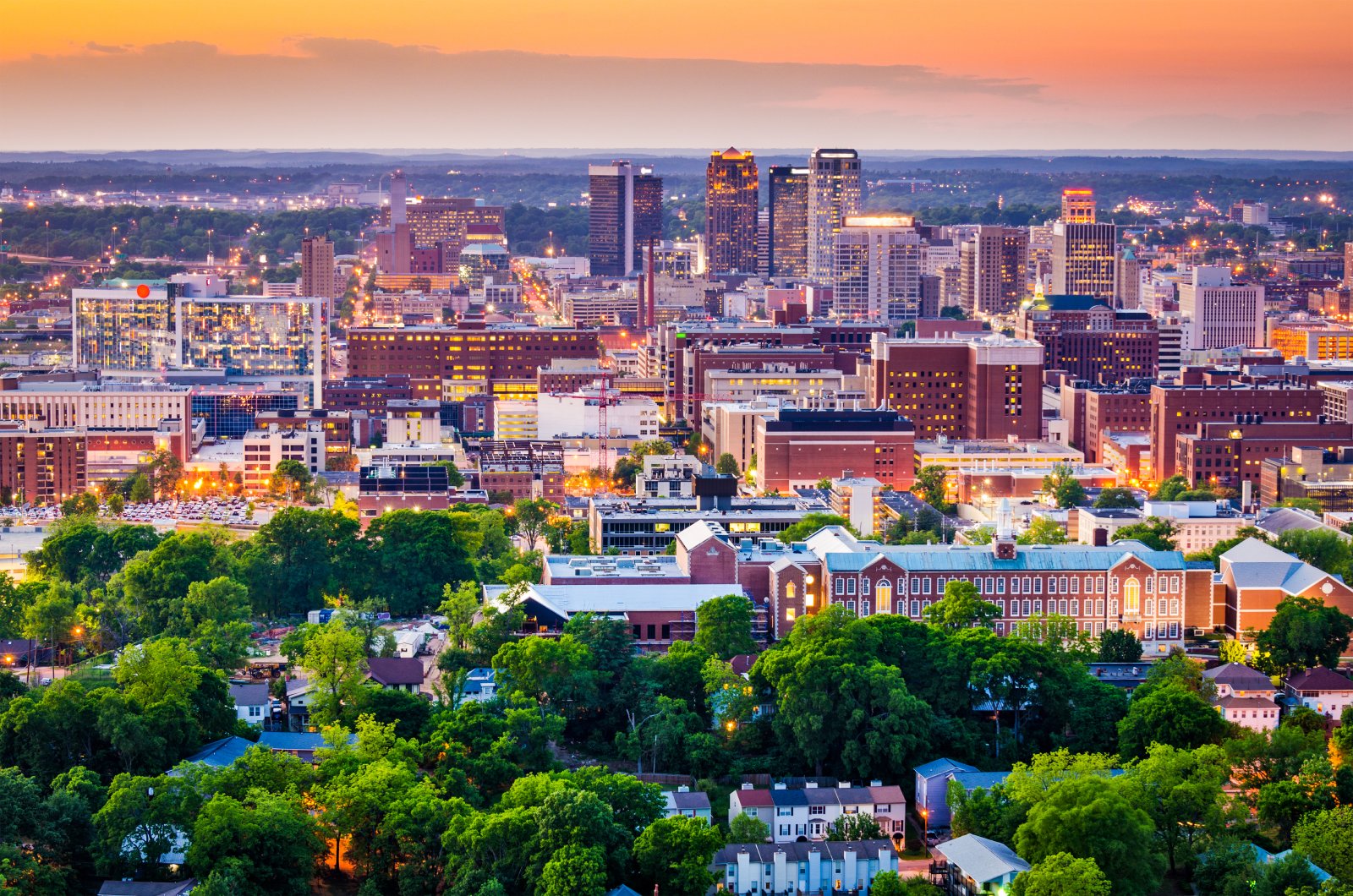
Alabama has high sales taxes and low income taxes, resulting in a regressive tax system. The poorest families pay 9.9% of their income in taxes, compared to 3.4% for the wealthiest.
#11. Arkansas

Arkansas imposes high sales taxes, which hit lower-income families harder. The bottom 20% pay 12.1% of their income in taxes, while the top 1% pay just 6.2%.
#12. Mississippi
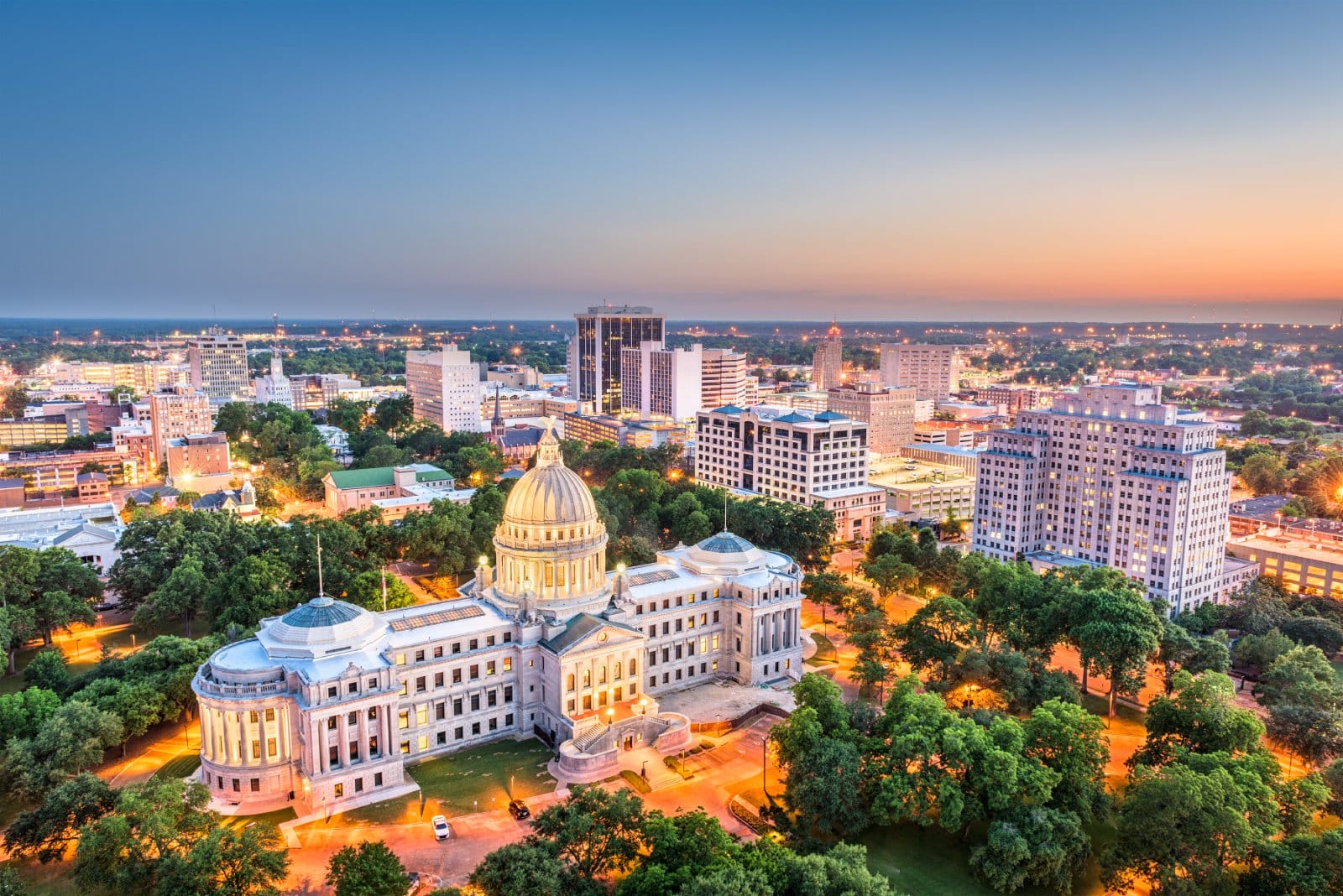
Mississippi’s tax system relies heavily on sales taxes, affecting low-income residents more. The poorest families pay around 10.6% of their income in taxes, while the wealthiest pay only 4.2%.
#13. Indiana
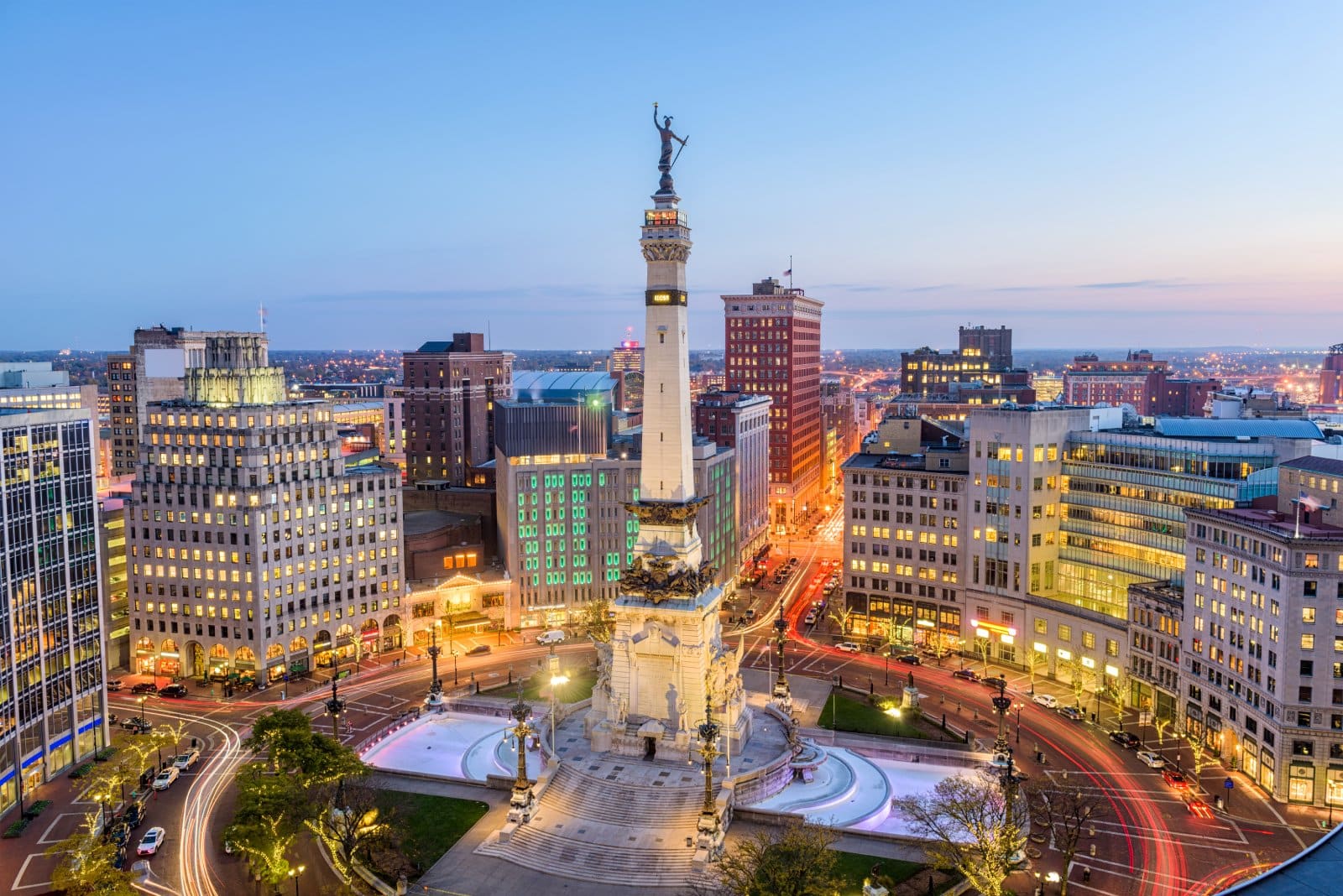
Indiana’s flat income tax and high sales taxes create a regressive tax environment. Lower-income families pay about 12% of their income in taxes, while the top earners pay 5%.
#14. Pennsylvania

Pennsylvania’s flat income tax, coupled with high sales taxes, results in a regressive system. The bottom 20% of earners pay 12% of their income in taxes, compared to 4% for the top 1%.
#15. Ohio
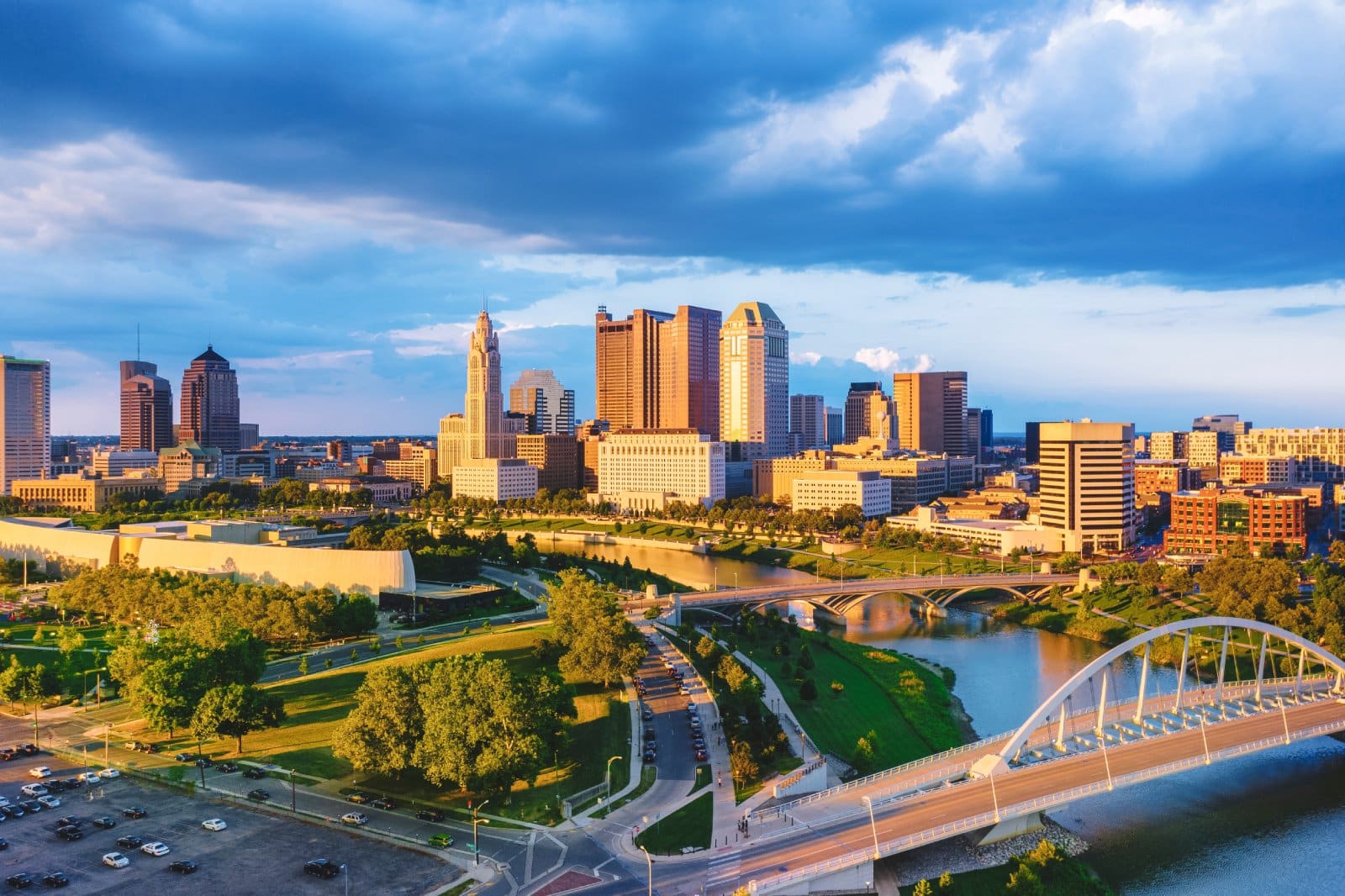
Ohio’s reliance on sales taxes and a relatively flat income tax structure creates a regressive system. Lower-income families pay 11.8% of their income in taxes, while the wealthiest pay 5.5%.
#16. Oklahoma

Oklahoma’s high sales taxes contribute to its regressive tax system. The lowest-income residents pay 10.5% of their income in taxes, compared to 4.3% for the wealthiest.
#17. Utah

Utah’s flat income tax and significant sales taxes result in a regressive tax system. The poorest families pay around 9% of their income in taxes, while the top earners pay 4.7%.
#18. New Mexico
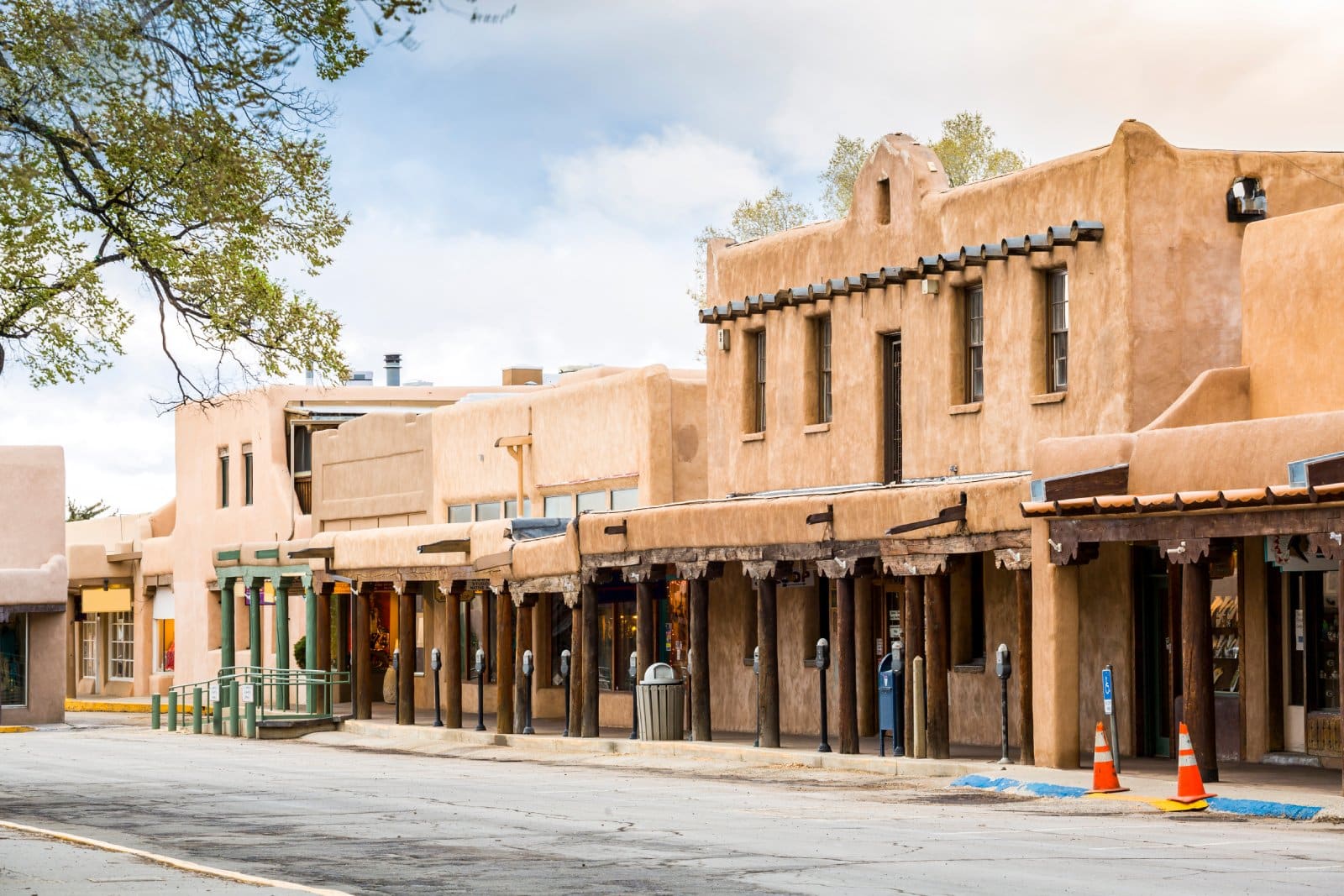
New Mexico relies heavily on sales taxes, which are regressive by nature. The lowest-income families pay 10.6% of their income in taxes, compared to 4.8% for the highest earners.
#19. Kansas
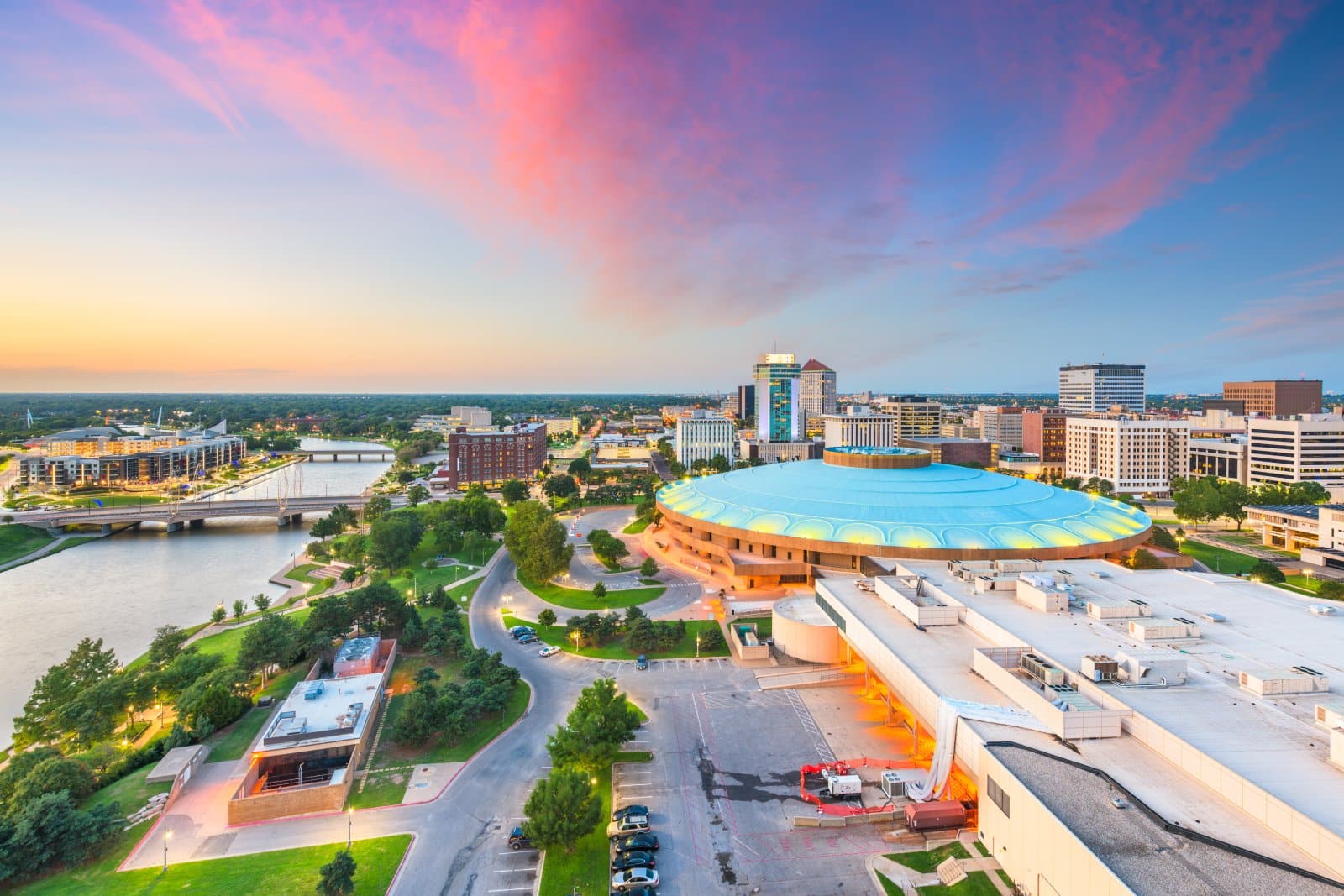
Kansas has high sales taxes and low income taxes, leading to a regressive tax system. Lower-income families pay about 11.1% of their income in taxes, while the wealthy pay 4.5%.
#20. Georgia
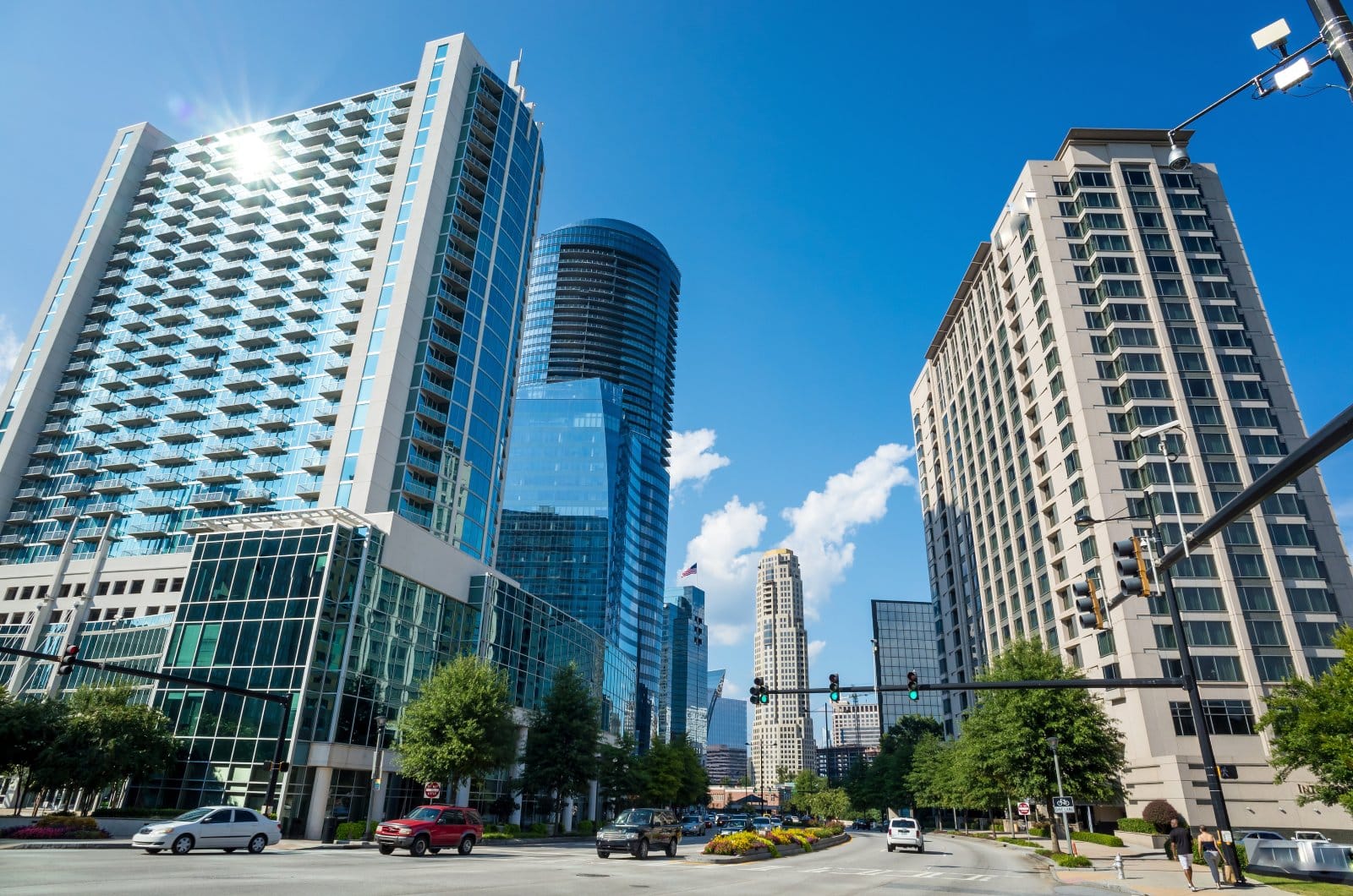
Georgia’s reliance on sales taxes makes its tax system regressive. The poorest residents pay around 10% of their income in taxes, while the top 1% pay just 5%.
#21. Kentucky

Kentucky has a regressive tax system with high sales taxes and a flat income tax. The lowest-income families pay around 10% of their income in taxes, compared to 4% for the wealthiest.
Unfair Burden

These states demonstrate how tax structures can place an unfair burden on lower-income families. Understanding these regressive systems is crucial for advocating fairer tax policies. Knowing where your state stands can help you make more informed decisions and push for more equitable tax systems.
Featured Image Credit: Shutterstock / Monkey Business Images.
The content of this article is for informational purposes only and does not constitute or replace professional financial advice.
The images used are for illustrative purposes only and may not represent the actual people or places mentioned in the article.
For transparency, this content was partly developed with AI assistance and carefully curated by an experienced editor to be informative and ensure accuracy.

